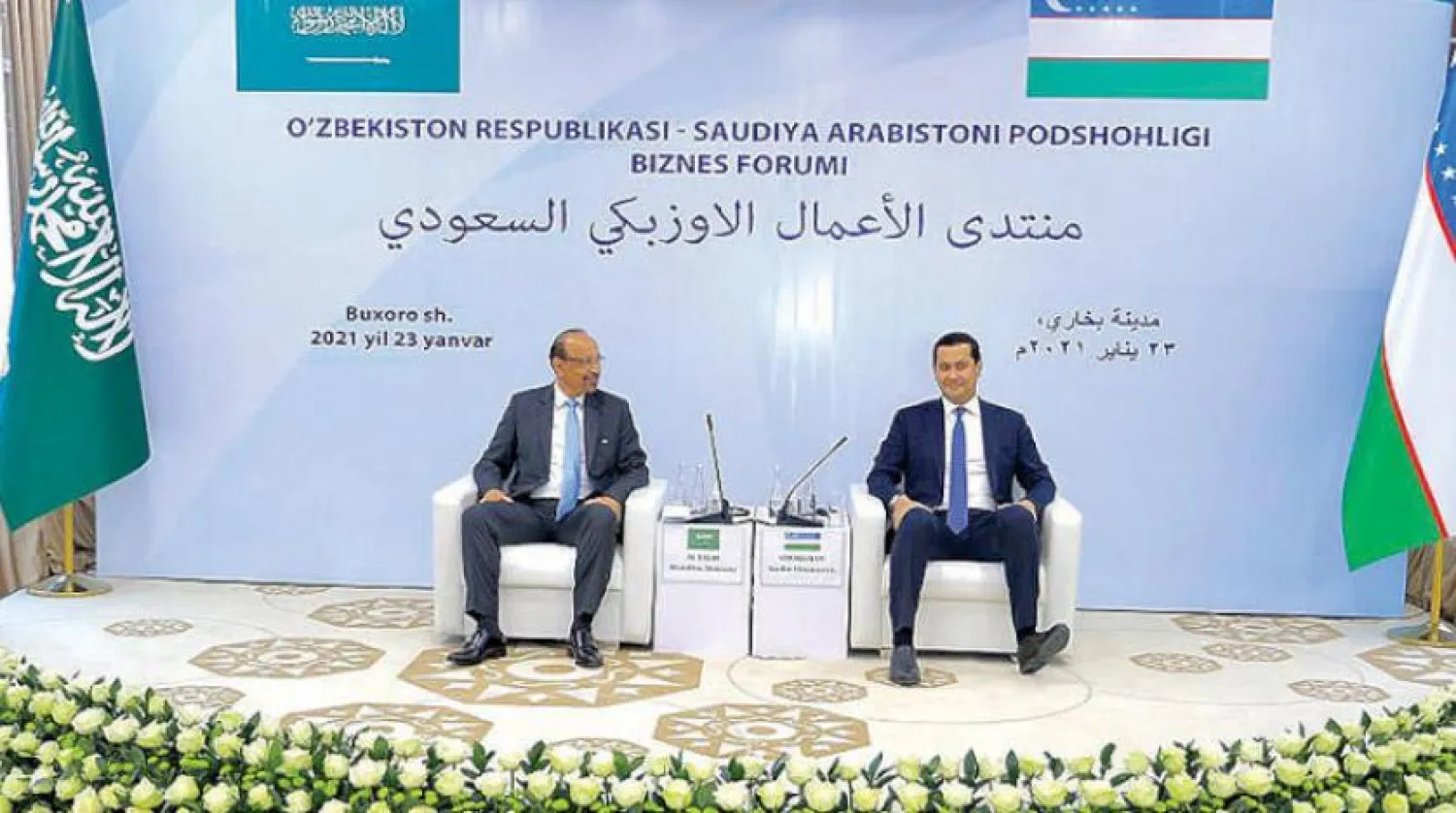Saudi Arabia and Uzbekistan are looking to enhance economic cooperation by increasing investment flows between the two countries. Serious work is being put into transforming investment opportunities aligned with shared visions and development strategies into realistic projects.
The first Saudi-Uzbek Investment Forum was held recently in the Uzbek city of Bukhara under the co-auspices of Saudi Investment Minister Khalid Al-Falih and the Uzbek deputy prime minister and minister of investment and foreign trade, Sardor Umurzakov.
Businessmen and representatives of the two countries’ public and private sectors participated in the forum.
Al-Falih, in his opening speech, conveyed the greetings of King Salman and Crown Prince Mohammed bin Salman to the leadership and people of Uzbekistan. He reaffirmed the keenness of the Saudi leadership to cement bilateral political, economic, religious and cultural relations with Uzbekistan.
Al-Falih said the aim was to build ties through empowering the private sector’s companies, facilitating business performance and overcoming any challenges that might arise.
Umurzakov said that the partnership between the Kingdom and Uzbekistan in the energy sector was one of the most prominent examples of the importance of the relationship between the two countries, and that this would serve as a bridge to strengthen economic cooperation.
Agreements and memoranda of understanding signed included an arrangement to establish the Saudi-Uzbek Business Council, to continue and enhance joint work and enable the private sector to access investment opportunities in both countries.
Other signings included a bilateral agreement between Saudi Flynas airline and Uzbekistan Airways to operate direct flights between Saudi Arabia and Uzbekistan, and an MoU between the King Faisal Center for Research and Islamic Studies and the Center for Islamic Civilization in Uzbekistan to strengthen cooperation in the areas of education, research, scientific studies, printing, culture and manuscripts.









